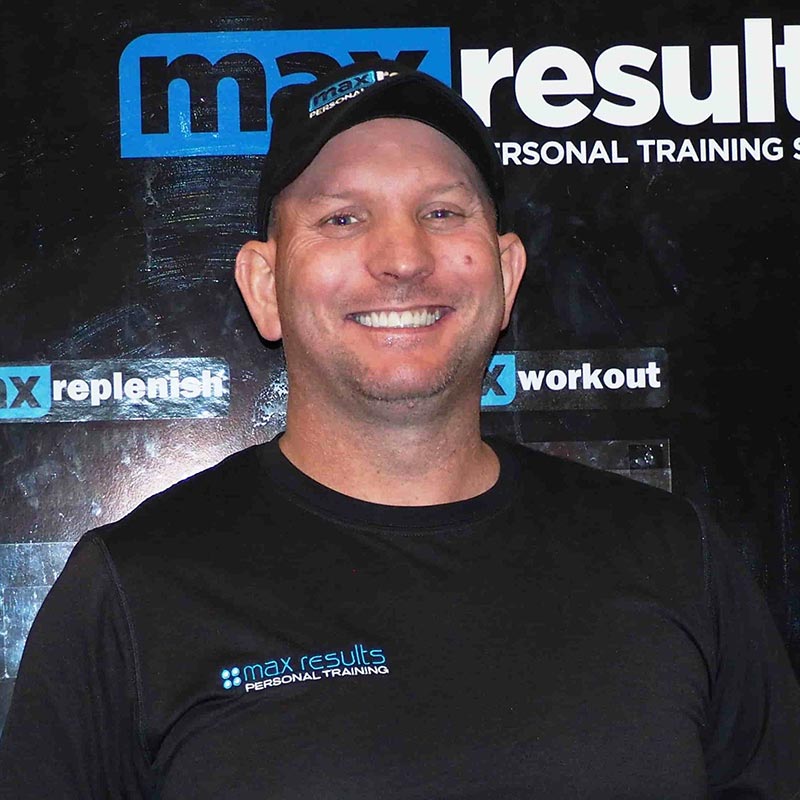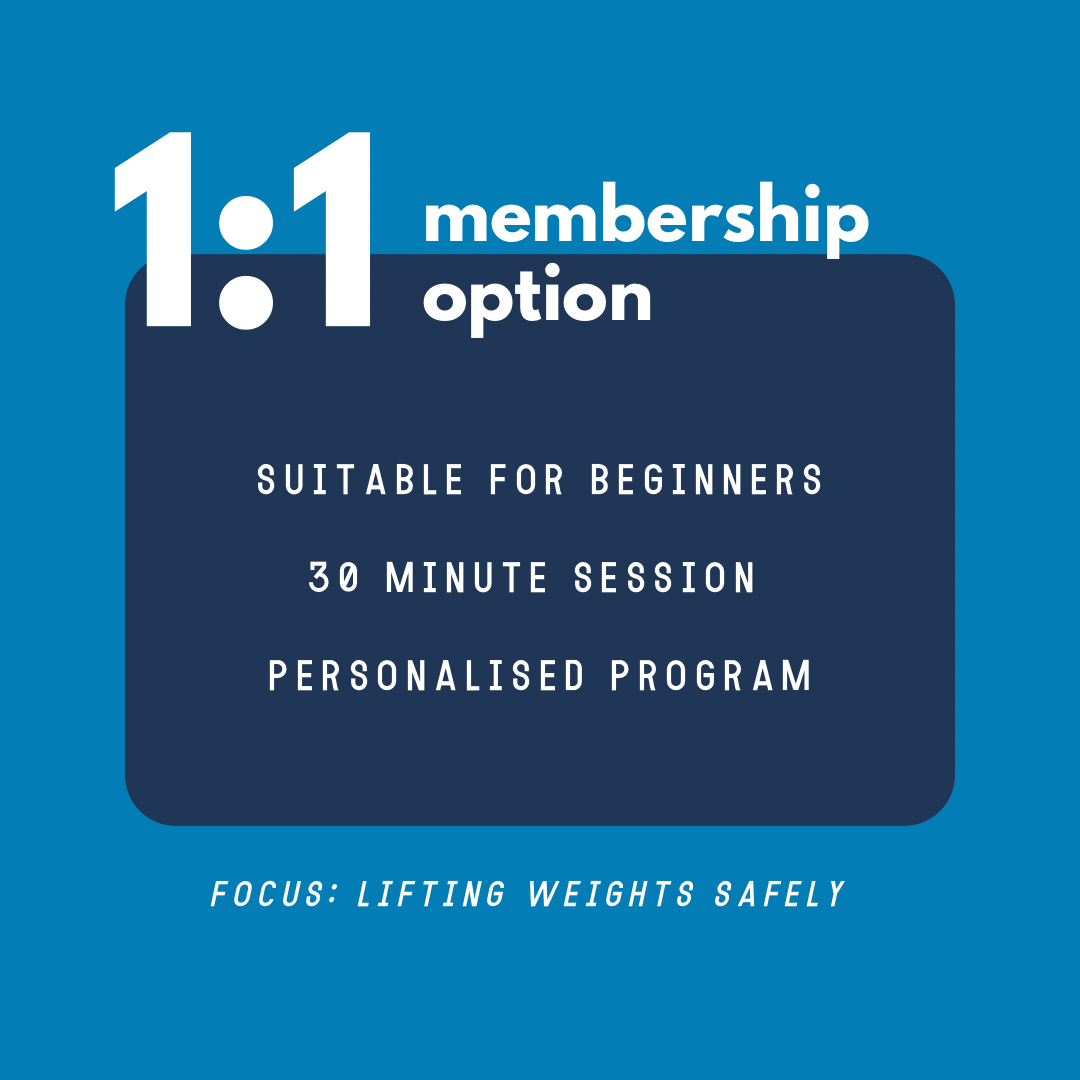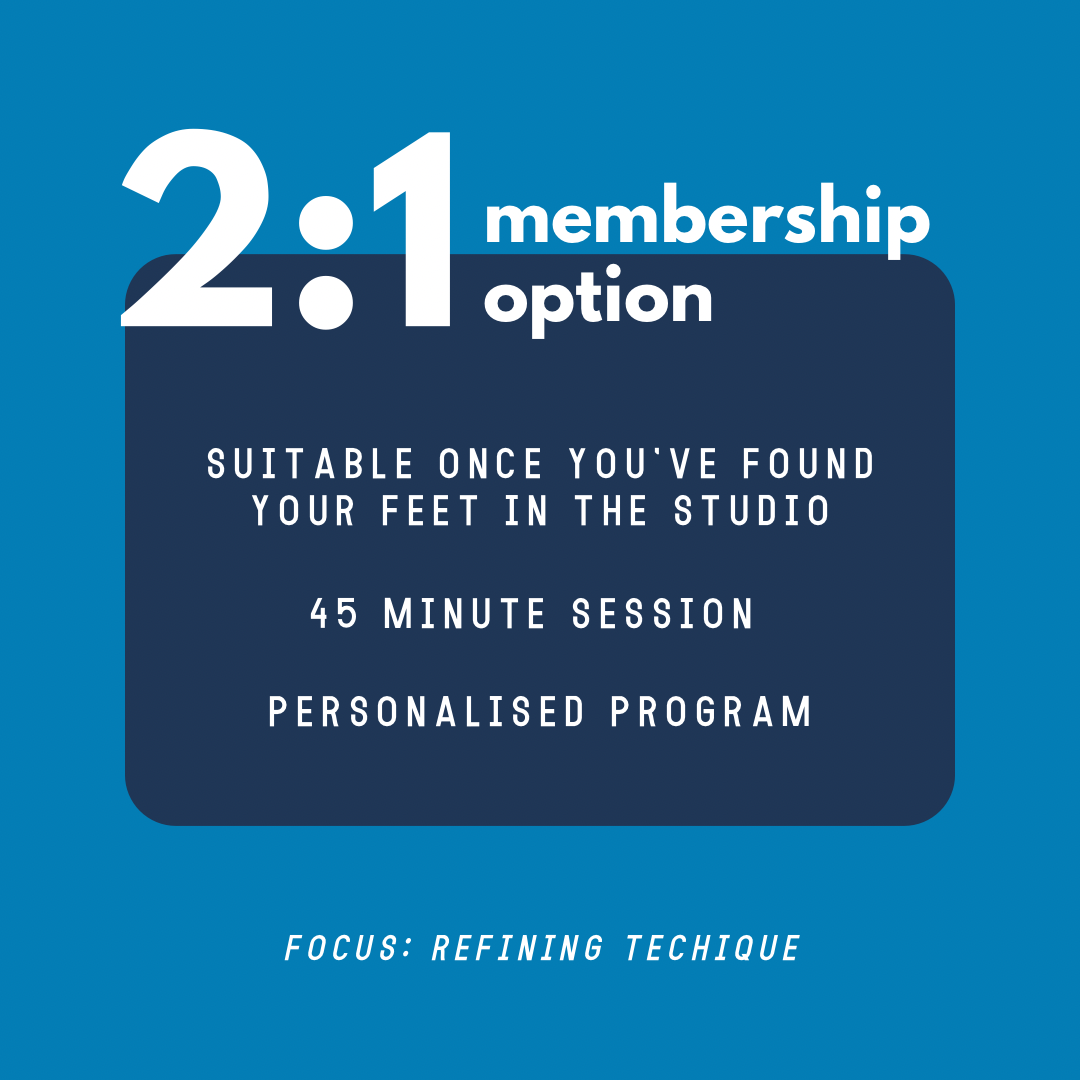When we often begin training we like to focus on the nutrition and training consistency. Of course these things matter but there is a piece that is often overlooked if your results are going to go from good to great. What do you do next after your nutrition is in check and after you consistently train?
The missing piece is not removing an extra macro here or there it’s managing your stress response. You need to be able to relax at some point. Recovery is just as important if not more important than your session you just put in the gym. The recovery portion is where you make your gains and increase your fitness so that your next session can be even better. In fact having a higher level of aerobic fitness is associated with a reduced physiological response in the face of psychological stress.
Studies have found that those with higher stress levels have an impaired ability to recover quicker and lessens the ability to adapt to weight training and therefore require more days ‘off’ training to recover adequately. So by encountering more physical stressful situations you reduce your ability to get both fitter and stronger.
If you are someone who regularly has physiological reactions (Higher HR, fidgeting, sweat response etc) to stress you overload your sympathetic nervous system (SNS)- reducing your sleep quality, aerobic capacity and strength. In today’s world we often overload our SNS with stimuli that activates our amygdala and cortisol and often forget about its counterpart.
To overcome these issues you need to put load on the parasympathetic nervous system (PNS). We do this by relaxing. Being present, having a massage, deep breathing, meditating, being in nature, enjoying the moment and take perspective during what you consider a stressful situation. These strategies and techniques strengthen the PNS and ultimately relax the mind and body.
References




